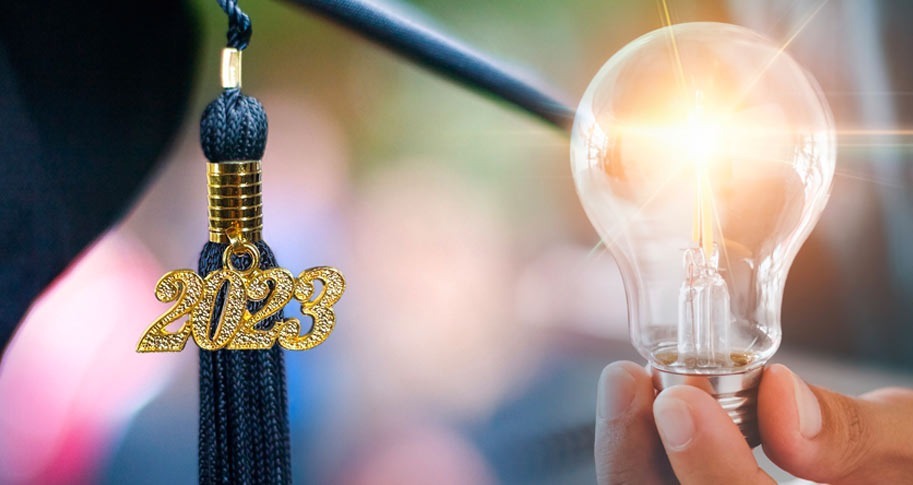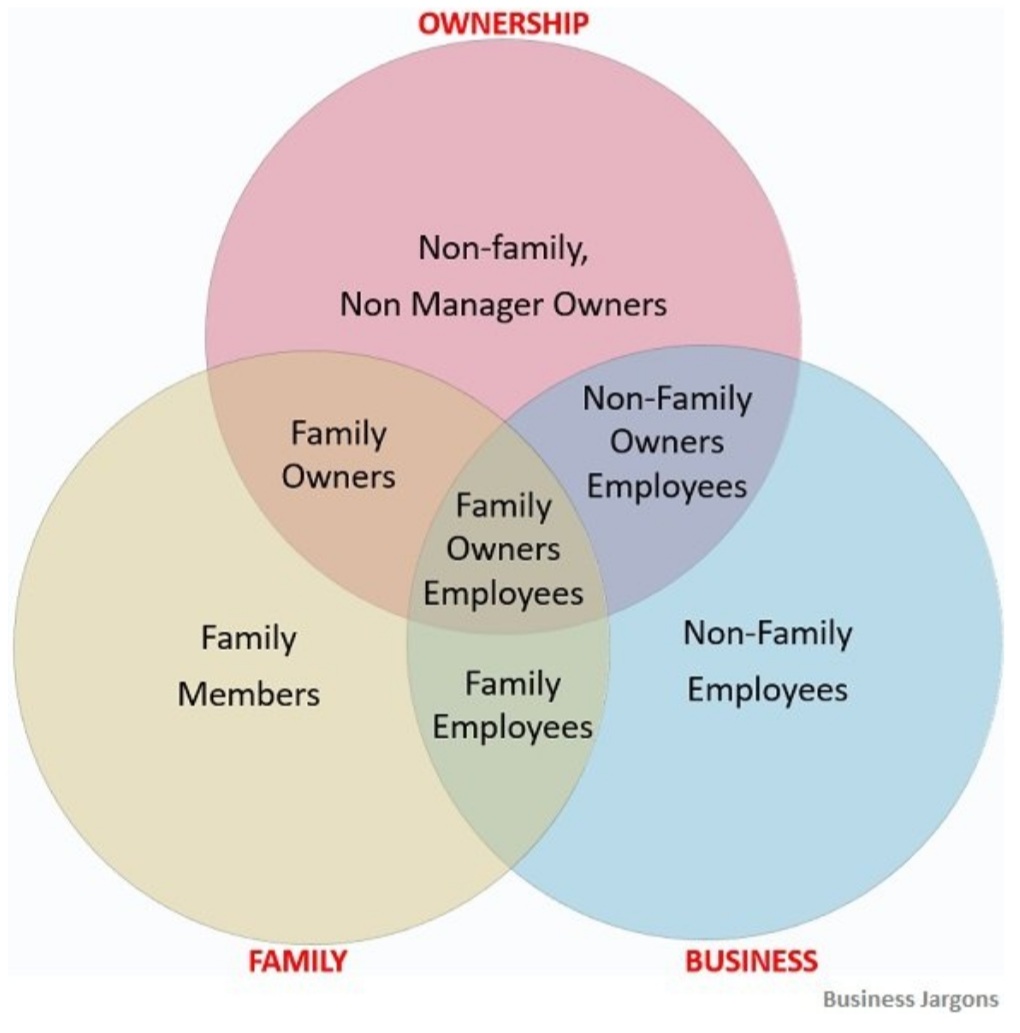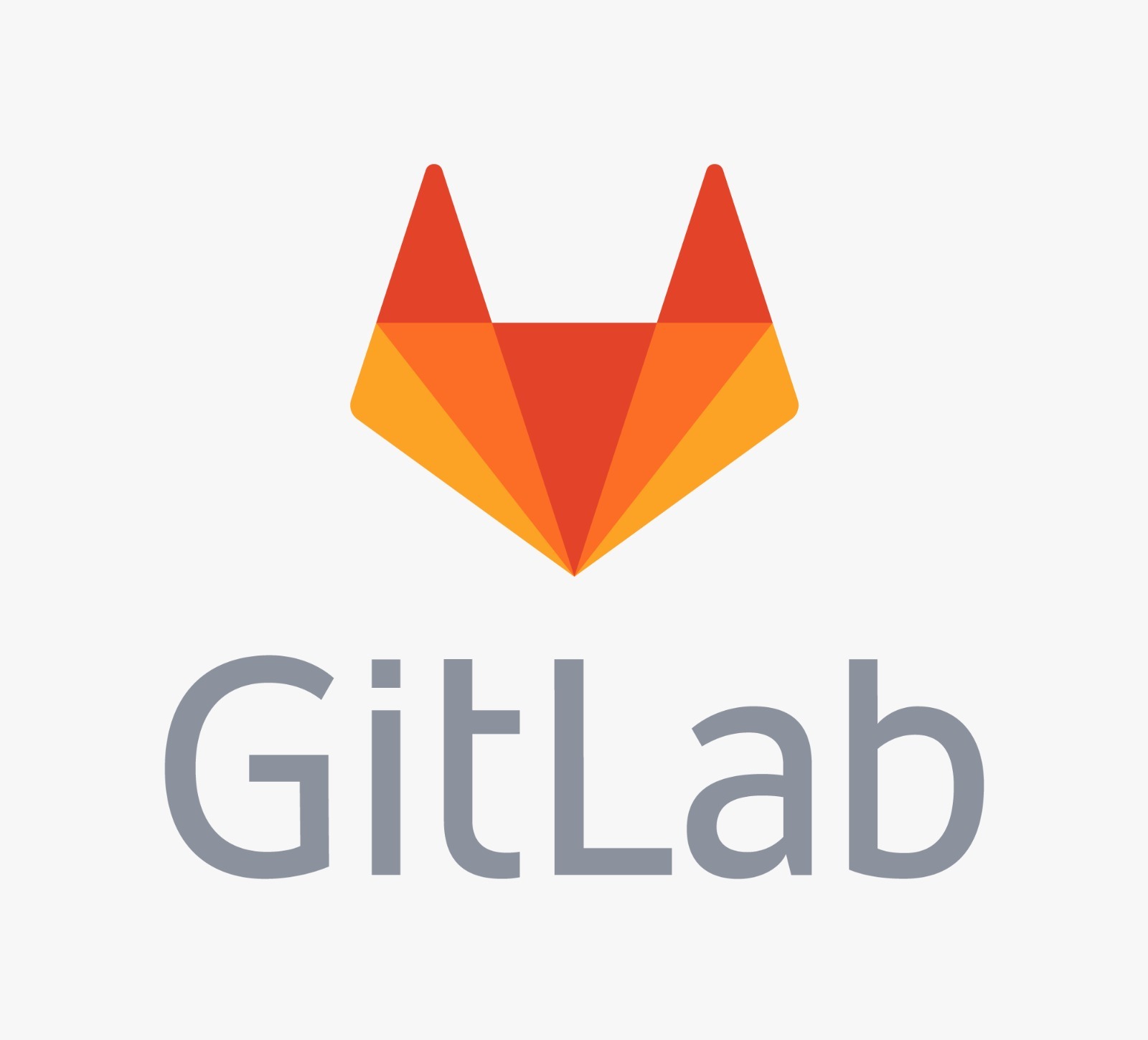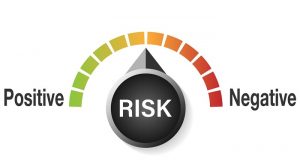
Photo credit: (iStockphoto/Anchiy)
The late Professor Anthony Athos, an unforgettable member of the Harvard Business School faculty to all who knew him, used to have a favorite non-activity. He would take a break, leave the office, and take a seat on a bench on the HBS campus.
When colleagues passed by, observing something they wouldn’t be seen doing, and asked him, “What are you doing, Tony?” He would reply, “Nothing,” and delight in observing the expressions on one “anxious achiever” after another. It was Tony’s way of poking fun at the HBS culture.
Athos, were he with us today, might well have appreciated Jenny Odell’s thesis that “doing nothing” offers us several useful “tools,” including those of repair (personal reflection and recovery), “a sharpened ability to listen”—a critical resource in a world dominated by telling and tellers, and “an antidote to the rhetoric of growth” that puts a premium on “novelty and growth over the cyclical and the regenerative.”
“IT’S NOT THAT GEN ZERS WANT TO DO NOTHING OR EVEN LESS. IT’S JUST THAT THEY WANT TO ACHIEVE IN THEIR OWN WAY AND IN THEIR OWN SWEET TIME.”
Athos taught and researched in a world of what Morra Aarons-Mele describes in her recent book as “anxious achievers.” To paraphrase Aarons-Mele, anxious achievers are those who deal with anxiety often associated with feelings of inadequacy by working harder to achieve more. Like other major academic institutions, the HBS campus is populated by faculty driven by an up-or-out appointment system ministering to a student body with similarly high hopes for achievement.
According to Aarons-Mele, anxious achievers have many qualities valued in the business world. As she puts it, they “are great at forward planning, … attuned and empathetic, … work hard and prepare, … and ask for help and build infrastructure (support systems).” They have accounted for a substantial portion of the output and productivity of the world’s most developed economies.
Now the anxious achievers occupying many leadership positions are confronted with a Gen Z that has been introduced by the COVID-19 pandemic to working from home. Among other things, the luxury of not having to commute to an office has provided them an opportunity (and a motive) to think deeply about their future, their attitude toward the “time vs. money” tradeoff, and ways of achieving “time affluence,” as Ashley Whillans advises in her recent book.
We all would like both time and money. But this generation appears, at least for now, to place a higher value on time, personal development, and lifestyle than on maximizing income. In addition, many Gen Zers have an aversion to working in the traditional offices that anxious achievers in CEO positions believe is vital to future innovation and success.
It’s not that Gen Zers want to do nothing or even less. It’s just that they want to achieve in their own way and in their own sweet time. Who’s to say which of these formulas is most productive over the long run? (With that question, was I just guilty of falling into Odell’s “rhetoric of growth”?)
Regardless of where you stand on the issue, time is on the side of the Gen Zers. The long-term future of organizational leadership belongs to them.
It suggests the question: Is the anxious achiever is a post-pandemic relic? What do you think?
Share your thoughts in the comments below.
References:
Morra Aarons-Mele, The Anxious Achiever: Turn Your Biggest Fears Into Your Leadership Superpower (Harvard Business Review Press, 2023)
Jenny Odell, How to Do Nothing: Resisting the Attention Economy (Melville House Publishing, 2019)
Ashley Whillans, Time Smart: How to Reclaim Your Time & Live A Happier Life (Harvard Business Review Press, 2020)
Your feedback to last month’s column
How Should Artificial Intelligence Be Regulated—If At All?





















